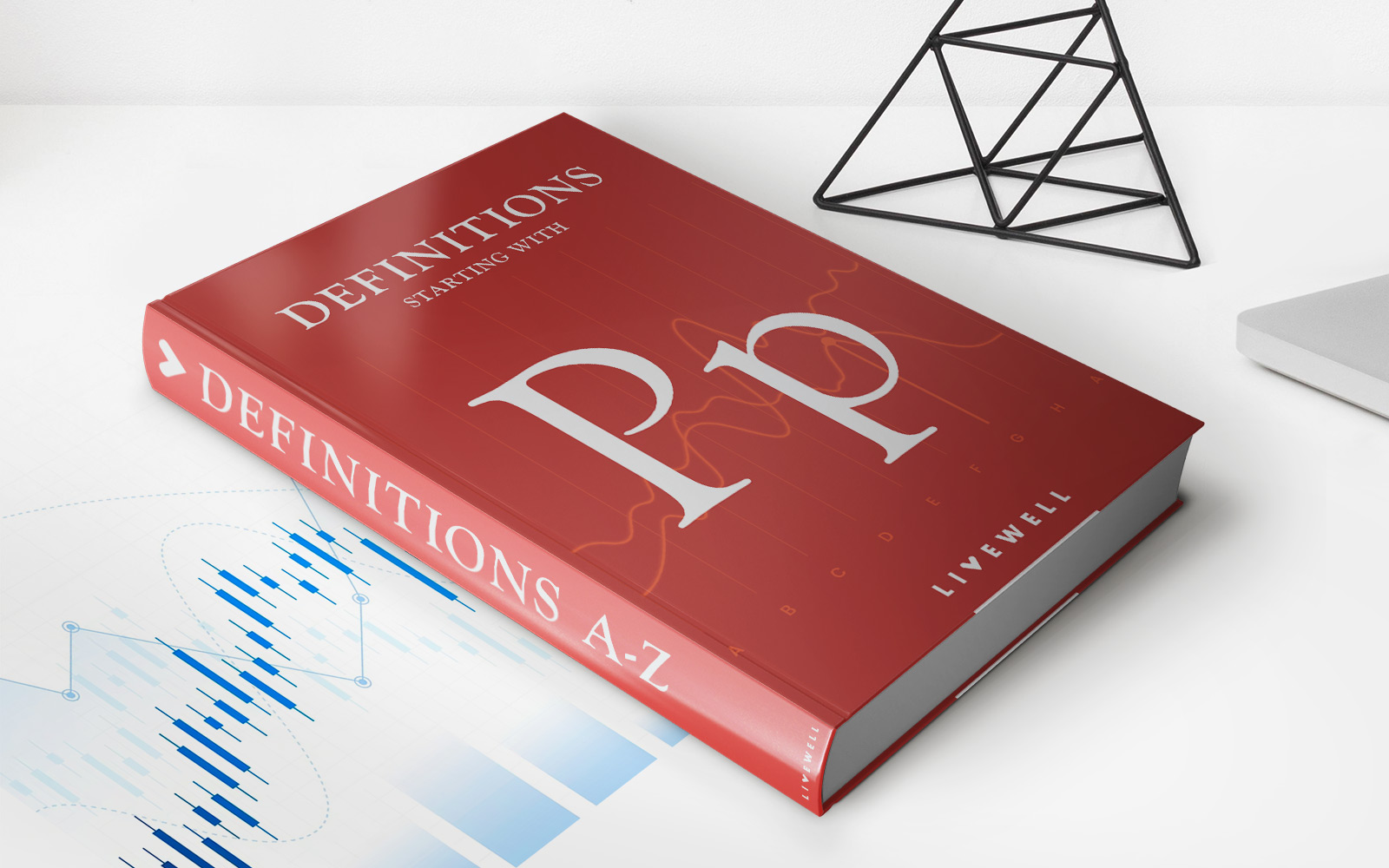

Finance
SEC Form 10-SB Definition
Published: January 24, 2024
Learn about the definition of SEC Form 10-SB in the field of finance and gain insights into its significance for financial reporting.
(Many of the links in this article redirect to a specific reviewed product. Your purchase of these products through affiliate links helps to generate commission for LiveWell, at no extra cost. Learn more)
Demystifying SEC Form 10-SB: A Guide to Financial Reporting
When it comes to finance, understanding the regulatory requirements is crucial. One such requirement enforced by the U.S. Securities and Exchange Commission (SEC) is the filing of Form 10-SB. If you’re a business owner or an investor, it’s essential to have a comprehensive understanding of this form and its implications. In this blog post, we’ll break down the SEC Form 10-SB definition, its purpose, and what it means for businesses.
Key Takeaways:
- SEC Form 10-SB is a simplified version of Form 10-K for small businesses.
- It helps small businesses comply with SEC reporting requirements and provides investors with necessary financial information.
What is SEC Form 10-SB?
SEC Form 10-SB is a condensed version of Form 10-K, specifically designed for small businesses. The primary purpose of this form is to facilitate compliance with SEC reporting requirements for smaller public companies, while providing investors with essential financial information. This form features a streamlined reporting format compared to its larger counterpart, allowing small businesses to meet their reporting obligations more efficiently.
Form 10-SB requires companies to disclose pertinent information about their business operations, financial condition, and management. This information includes the company’s financial statements, audited balance sheets, income statements, cash flow statements, and other relevant financial data. By requiring small businesses to file this form, the SEC aims to promote transparency and ensure investor confidence in the market.
Key Benefits of SEC Form 10-SB:
- Simplified Reporting: Form 10-SB offers a simplified reporting format, making it easier for small businesses to fulfill their regulatory obligations without excessive administrative burden.
- Cost Efficiency: The streamlined nature of Form 10-SB reduces the compliance costs associated with preparing and filing financial statements for smaller companies, enabling them to allocate resources more efficiently.
- Access to Capital: Filing Form 10-SB allows small businesses to access public capital markets by providing investors with the necessary financial information to make informed investment decisions.
Who is required to file SEC Form 10-SB?
Small businesses that meet the criteria established by the SEC are required to file Form 10-SB. To determine eligibility, a company must have a public float (the market value of its outstanding common equity held by non-affiliates) of less than $75 million as of the last business day of its most recently completed second fiscal quarter.
It’s important to note that small businesses that meet the eligibility criteria for filing Form 10-SB may also qualify to file Form 10-K or other reporting forms. Therefore, careful consideration and consultation with legal and financial professionals is recommended to ensure compliance with SEC regulations.
In Conclusion
SEC Form 10-SB is a vital financial reporting tool for small businesses looking to comply with SEC regulations while providing investors with the information they need to make informed decisions. By providing a simplified format for reporting, this form helps smaller companies streamline their reporting procedures and allocate resources more efficiently. Whether you’re a business owner or an investor, a clear understanding of SEC Form 10-SB is crucial for navigating the world of finance.














